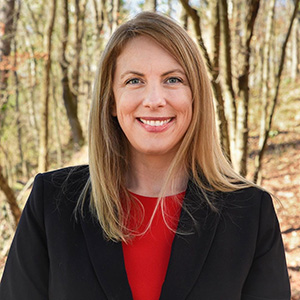Russ Clark

Russ Clark is the director of sustainability and a senior research scientist in Georgia Tech's Institute for People and Technology, who engages hundreds of students each semester in mobile development, networking, and the Internet of Things. He is the CEAR Hub lead principal investigator. He emphasizes innovation, entrepreneurship, and industry involvement in student projects and application development. He was formerly the co-director of the Georgia Tech Research Network Operations Center (GT-RNOC), which supported research efforts across campus, and principal leader of the Convergence Innovation Competition, which pairs students and industry sponsors on novel projects. He has played a leadership role in the NSF GENI project, leading both the GT campus trials efforts as well as the GENI@SoX regional deployment and the Software-Defined Exchange (SDX). Russ is active in the startup community, including roles with the National Science Foundation Innovation Corps program and as a principle with Empire Technologies during its acquisition by Concord Communications.
Internet Infrastructure & Operating Systems; Mobile & Wireless Communications;Network Security









